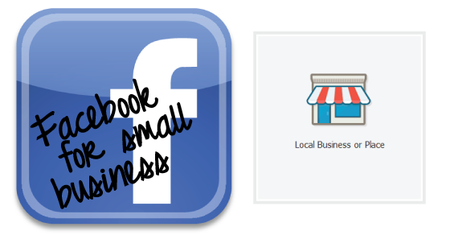If you have a Facebook page then I'm sure you recognize the "Boost Post" button.
Should you be using this feature? If so, when and why?
Facebook Advertising
Facebook advertising is a great investment for your business and I highly recommend that every business have a budget for it. The tools Facebook have created are powerful and let you do all kinds of amazing things, including targeting ads to people who already like your page, people who are friends with people who like your page, people based on other pages they like, and based on age and demographics.
You can also upload your email marketing list and target people who are already warm leads for you, create lookalike audiences from your mailing lists, and put conversion code on websites and then target people based on whether or not they have been to your website.
The possibilities with Facebook advertising are incredible! That being said, figuring out how to use them all, and use them well, is not easy. I've been using their tools for a long time and I still get confused.
Facebook has tried to make it easier for everyone to figure out how to use the tools and one of the ways they've done that is with the 'boost post' feature. So the question is, should you be using it?
Boost Post
The boost post option lets you, with the click of a couple of buttons, turn something you shared on your Facebook page into an ad. The boost button appears for the admins of a page after each post, making it simple to find and easy to activate.
Once you click "Boost Post" you make a few simple choices and then your ad will be submitted for approval and start posting.
I think the Boost Post function can come in really handy, but only some of the time. Here are some reasons that you should use the boost post feature:
To promote something on your website.
I promote most of my new blog posts so that I can make sure lots of people see the update and have the opportunity to click through and read the post. I think my audience would value articles by other people and I'm happy to share those, but the ones that I'm going to pay for are the ones that are driving people back to MY website.
To promote something that I'm doing.
It may not be something new on my website, but it's still something that I want my audience to take action on. It could be to enter a contest, to sign up for a webinar or to fill out a survey.
The key is that I'm promoting myself. Sometimes I see people promoting posts that don't really tie back to their key messages and that isn't a great use of their marketing budget. If you're going to spend money on advertising, either do it to promote yourself with the boost post feature from time-to-time, or, invest in creating elaborate Facebook campaigns using the more advanced features (you may also want to invest in getting some help to do that).
Tips and tricks for using boost post
If you are going to use the boost post function here are a few things I've found work well:
- Boost to people who like your page and their friends. Often, your current audience has a lot of people in their network who are also your audience. By promoting it, not only to them but also to their friends, you are possibly going to find more fans. This is especially true when it's a valuable piece of content like a blog post, and less true if you're asking for something and are just trying to get more people to see your post.
- When I'm boosting a blog post I often boost for the smallest amount over a few days, and I don't always keep the post boosted for the entire time. Once you pause the campaign you stop paying so you don't actually have to pay the minimum amount they make it seem like you have to pay.
- Check the insights. When you boost a post you will see the 'reach' under your post in two shades of orange. In addition to this, make sure to check on 'view results' so you can see what kinds of actions people took from the money you spent.
Here is an example where I spent just over $1 to boost a post. For that amount I got 16 link clicks, 3 post likes, one comment, and almost 400 more people saw the post.
I encourage you to play around with the boost post feature. Create a budget for it and figure out what you want to promote about yourself so that the money you're spending brings eyeballs to the things that will move your business forward.
Leave me a comment and let me know what kind of content you'll be promoting next!
Don't forget to sign up for my FREE webinar this Thursday, July 16th at 1 p.m. EST I will be sharing tips and tricks on how small businesses can use social media effectively without feeling overwhelmed! Click here to reserve your spot now!













